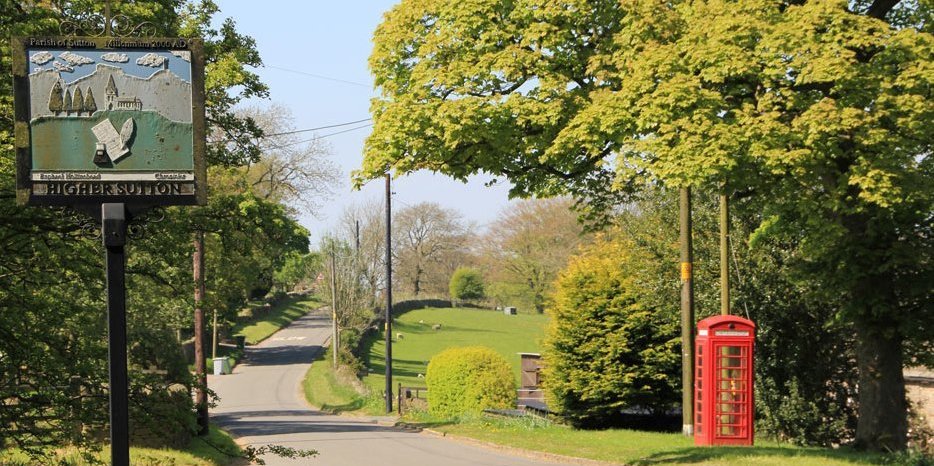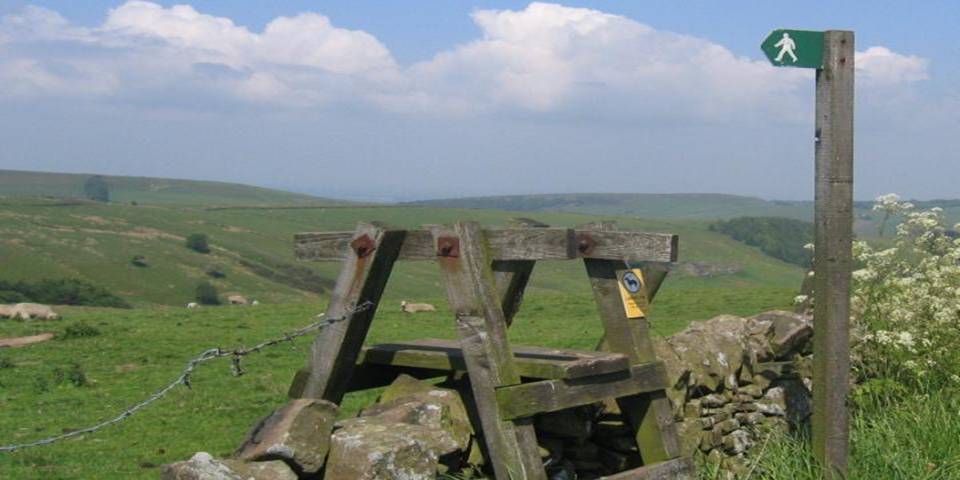The Parish Council is a corporate body, a legal entity separate from that of its members. Its decisions are the responsibility of the whole body.
Photo credit: Simon Pierce
Photo credit: Paul Beech
The Council has been granted powers by Parliament including the important authority to raise money through taxation (the precept) and a range of powers to spend public money.
The Parish Council is an elected body in the first tier of local government. Other tiers, known as principal councils or authorities, have many legal duties to deliver services such as education, housing, town and country planning, transport, environmental health and social services.
Local councils have the legal power to take action, but they have very few duties and greater freedom to choose what action to take. They can play a vital part in representing the interests of the communities they serve and improving the quality of life and the local environment. Furthermore, they influence other decision makers and can, in many cases, deliver services to meet local needs.
There are around 9,000 local councils in England and they are growing in number, especially as councils in urban areas are established.
Most local councils were set up in 1894 by an Act of Parliament. This created the civil parish, separating it from the church after its long history of delivering local services such as care for the poor, maintenance of roads and collecting taxes.
In 2007 the Government brought in legislation to allow local councils in London, not permitted since the 1960s. The first local council in London, Queen’s Park, was approved in 2012 and will come into being in 2014. In the first decade of the 21st century around 200 new councils were created.
A typical local council represents around 2,700 people but some have much larger populations. Shrewsbury Town Council, created in 2009, serves over 72,000 people, which is more than some small counties. These considerable differences are reflected in annual spending which might range from under £1000 to £4 million. It is important that you know how much your council spends each year. In 2010/11 local councils raised £356 million in council tax and spent over £500 million.
The diversity of local councils is their strength. Each can make a unique response to the needs of their community with a sensitivity that is more difficult for principal authorities to achieve.
Powers to provide facilities
Parish councils have powers to provide some facilities themselves, or they can contribute towards their provision by others. There are large variations in the services provided by parishes, but they can include the following:
Support and encouragement of arts and crafts
Provision of village halls
Provision and maintenance of recreation grounds, parks, children’s play areas, playing fields and swimming baths
Provision and maintenance of cemeteries and crematoria
Maintenance of closed churchyards
Cleaning and drainage of ponds, watercourses and ditches
Control of litter
Provision and maintenance of public toilets
Creation and maintenance of footpaths and bridleways
Provision of cycle and motorcycle parking
Acquisition and maintenance of rights of way
Provision and maintenance of public clocks
Maintenance of war memorials
Encouragement of tourism
They may also provide the following, subject to the consent of the County Council or Unitary Authority of the area in which they lie:
Bus shelters
Signposting of footpaths
Lighting of footpaths
Off-street car parks
Provision, maintenance and protection of roadside verges

New Defibrillators in Sutton Parish

Signage and Footpath Maintenance around Sutton Parish
Representative powers
Parish Councils must be notified by the District or County Council of:
All planning applications in their areas
Intention to provide a burial ground in the parish
Proposals to carry out sewerage works
Footpath and bridleway (more generally, ‘rights of way’) surveys
Intention to make byelaws in relation to hackney carriages, music and dancing, promenades, sea shore and street naming
Miscellaneous powers
In some cases, Parish Councils exercise the following powers:
Creation of a neighbourhood plan
Guardianship of common land
Withholding of consent to stop up unclassified highways and footpaths
Consultation on appointment of governors of primary schools
Meetings
The central function of the Council, the making of local decisions and policy relevant to the public interest of the parish, is performed at the meetings of the Council. A Parish Council must hold an annual meeting and at least three other meetings in a year; however monthly meetings are the most common. An extraordinary meeting may be called at any time by the Chairman or members, but due notice must be given.
A Council can form committees with delegated powers for specific purposes; however, these must adhere to the protocols for public attendance, minute-taking and notice of meetings that apply to the main Council.
A Committee may form sub-committees. A Council can also appoint advisory groups which are exempt from these constraints to give flexibility, but these have no delegated powers and cannot make financial decisions. Such groups may contain members who are not councillors.
A Parish Council consists of the Chairman and not fewer than five elected Parish councillors, and a quorum of the main council committee is at least one-third of the members, or three members, whichever is the greater.
Every meeting is open to the public, who are encouraged to attend, except for those items where the Council formally resolves to exclude the public and press on the grounds that publicity would be prejudicial to the public interest. This would have to be due to the confidential nature of the business. This latter also applies to any sub-committee of the Parish Council.
Notice of meetings must be given at least three clear days before and be displayed in a “noticeable place” in the Parish, giving time, date and venue. A summons to attend the meeting is also issued, specifying the agenda, to every member of the Council. Items not on the agenda cannot be formally debated or resolved. Items brought up by the attendance of the general public or in correspondence can be discussed, but formal resolutions on these musts be deferred to the next meeting so that due notice can be given.
The minutes of the meeting are taken by the Clerk, and are ratified at the next meeting of the Council. They must also be displayed in a noticeable place in the parish, and for many councils, they are now also displayed online.
Procedures for the conduct of meetings are set out in Schedule 12 of the Local Government Act 1972, and where this is not overridden by legislation, by the standing orders of the Council. Most adopt the National Association of Local Councils (NALC) model standing orders.

Sarah Giller
Sutton Parish Clerk and RFO
Administration
The administration of the Council is managed by the Parish Clerk, who is a paid employee acting in a combined statutory role as Proper Officer and Responsible Financial Officer of the council.
The necessary financial monitoring and reporting are the Clerk’s responsibility, and in this role the clerk is known as the “Responsible Financial Officer” (RFO) of the Council. The clerk is also the “Proper Officer” of the Council. They “enact” (cause to happen) the decisions of the Council, and they receive official correspondence and issue correspondence on the instructions of the Council.
The Clerk also prepares agendas for meetings of the Council and its committees, gives notice of these to the Council members and the public, and records and publishes the minutes of these meetings. They are the formal point of contact with the public, and are a source of information for the public about the Council’s activities. The Clerk also provides procedural guidance for the Council itself, and ensures that statutory and other provisions governing or affecting the running of the Council are observed.
The Clerk cannot be a member of the Council.
